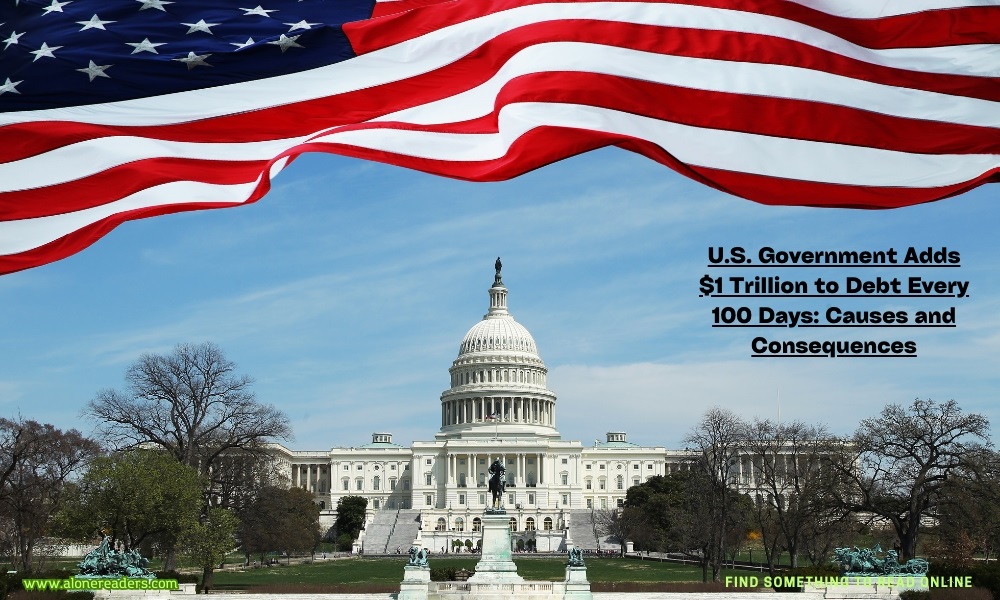
The U.S. government's debt has been increasing at a staggering rate, with $1 trillion being added approximately every 100 days. This trend reflects deeper issues within fiscal policy and has significant implications for the country's economic future. In this article, we will explore the reasons behind this rapid increase in debt and examine its potential impacts on the economy and taxpayers.
Debt accumulation by the U.S. government occurs primarily through the issuance of government securities, such as bonds, notes, and bills, to cover budget deficits. A budget deficit happens when the government's expenditures exceed its revenues. Traditionally, the U.S. has financed deficits by borrowing from domestic and international investors, including foreign governments.
In recent years, these deficits have widened due to various factors. Key among them is increased government spending on programs such as Social Security, Medicare, and defense. Additionally, emergency expenditures, like those for COVID-19 pandemic relief, have significantly contributed to the rapid growth in debt.
Several factors contribute to the uptick in government spending, which in turn drives the accumulation of debt:
The rapid accumulation of debt has both short-term and long-term impacts on the economy:
Addressing the issue of rapidly increasing debt requires a multifaceted approach:
The U.S. government faces a daunting challenge in managing its debt while still promoting economic stability and growth. The decisions made today regarding fiscal policies will have lasting effects on the country's economic landscape and its position in the global economy.